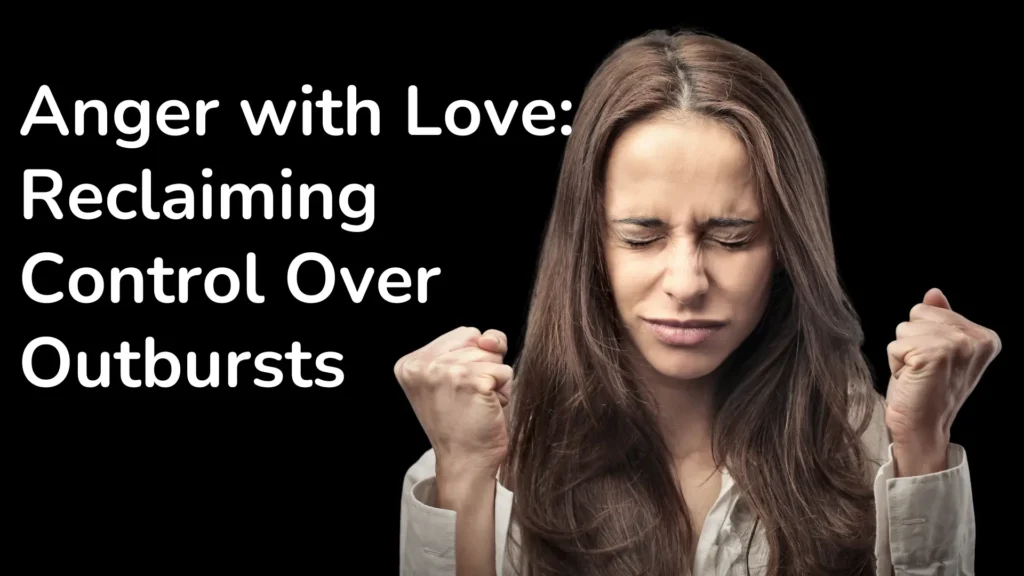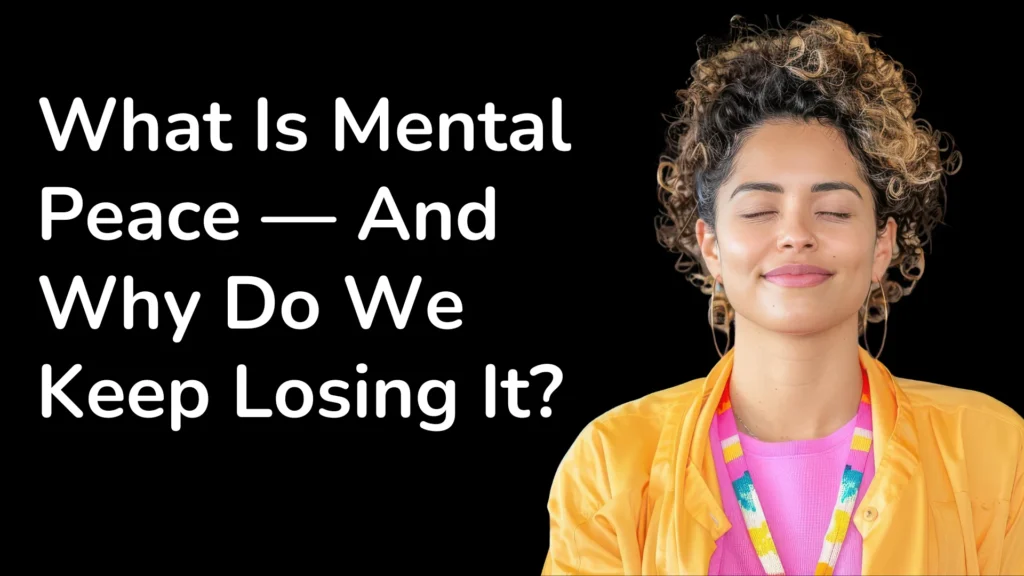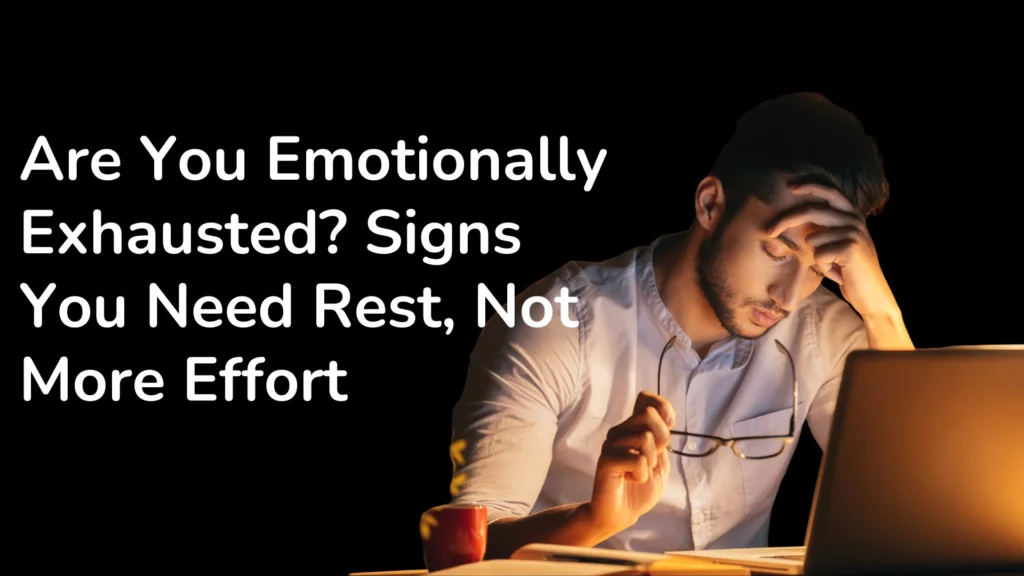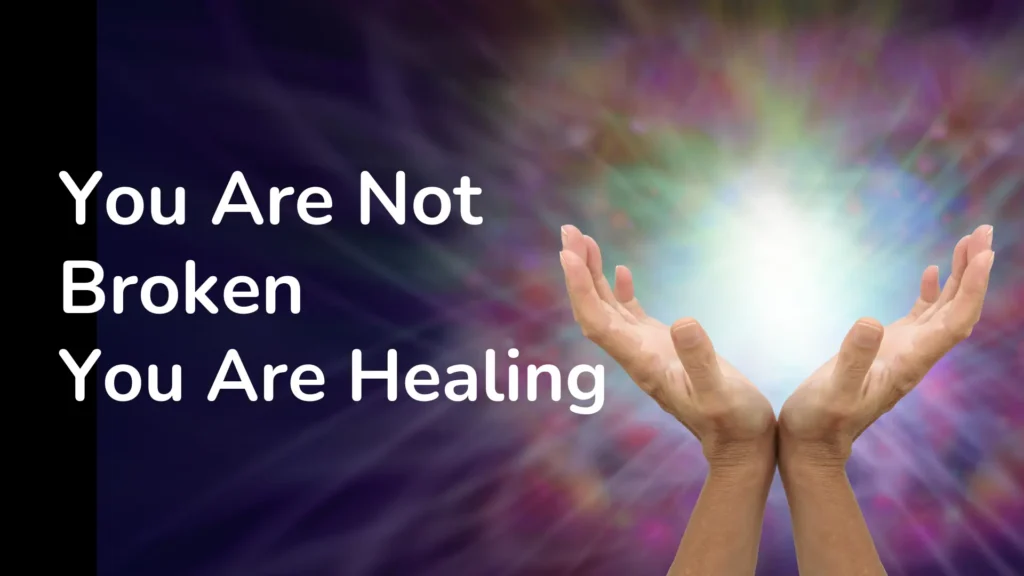Anger is a natural human emotion.
It rises when we feel hurt, disrespected, or out of control.
But when anger spills out as shouting, harsh words, or even silence filled with bitterness — it can damage not just our relationships, but also our own peace of mind.
The good news? Anger itself is not the enemy. It is a messenger — telling us something is wrong, something needs attention. The real challenge is how we respond to that message. By meeting anger with love, we can transform it from a destructive force into a source of strength and clarity.
Understanding Anger
Anger often masks deeper emotions.
- Sometimes it hides hurt.
- Sometimes it covers fear.
- Sometimes it’s a reaction to feeling unheard or unseen.
Recognizing what lies beneath your anger is the first step toward reclaiming control.
Why Do Outbursts Happen?
Outbursts usually occur when anger builds up and has nowhere safe to go. Common triggers include:
- Stress and exhaustion.
- Unresolved past pain.
- Feeling criticized or rejected.
- Lack of healthy communication.
When bottled-up emotions finally erupt, they can feel uncontrollable — but they are not unstoppable.
How to Reclaim Control with Love
1. Pause Before Reacting
Take a deep breath. Count to five. Step away if you need to. That pause gives your mind space to choose a response rather than reacting impulsively.
2. Acknowledge the Feeling
Say to yourself: “I feel angry. And that’s okay.” Denying anger only fuels it. Accepting it reduces its intensity.
3. Respond with Love, Not Blame
Instead of saying, “You never listen to me!” try, “I feel unheard, and it hurts.” Shifting from accusation to expression softens the impact and invites understanding.
4. Release Energy in Healthy Ways
Exercise, journaling, or even creative outlets like art or music can help release the physical intensity of anger without harming yourself or others.
5. Practice Forgiveness
Forgiveness doesn’t mean excusing someone’s actions. It means choosing not to let resentment control your peace.
6. Build Emotional Awareness
Regular mindfulness or meditation practices help you notice emotions as they arise — before they take over.
The Power of Love in Anger
When you approach anger with love, you:
- Protect your relationships.
- Maintain your self-respect.
- Prevent guilt that often follows outbursts.
- Transform conflict into an opportunity for deeper connection.
Love doesn’t erase anger — it guides it. Love says: “Yes, I am hurt, but I will choose to respond with care.”
A Gentle Reminder
You are not your anger.
You are the awareness behind it — capable of patience, kindness, and growth.
Every time you pause, breathe, and respond with love, you take back control of your life.







